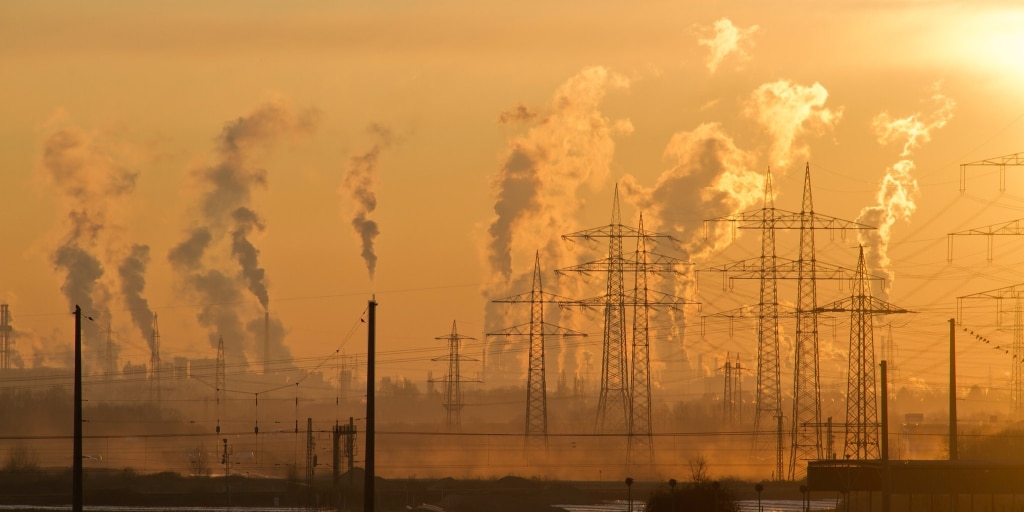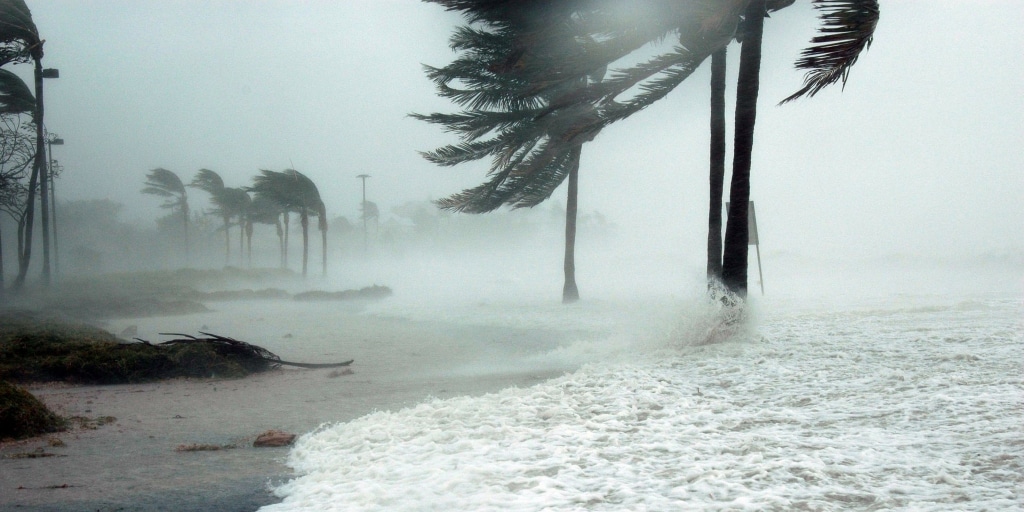
Wake Up and Smell the Economics of Climate Change
It’s hard to imagine that the acceleration of climate events is not due in large part to our warming planet. And, our warming planet is probabilistically due to mankind’s releasing of CO2 and other gases into the atmosphere. We, as a society, need to improve the conditions that fostered our current circumstance, and apply basic economics to solutions.
The evidence of this past year for climate change is stunning:
- This hurricane season is unmatched, both in number and intensity
- Arctic and Antarctic ice is melting at extraordinary rates, as sea levels rise to our doorsteps
- Permafrost around the globe in Alaska, Canada and Russia is thawing and releasing millions of years’ worth of trapped methane into the overloaded atmosphere, which has an effect equal to 30x that of C02
- Acidification of oceans due to C02 is destroying coral reefs, the baseline for marine life
This is all occurring at a time we may feel abandoned by our political leaders, who would rather live in denial or abject complication of the issues to further a political or corporate agenda. Today, we can realize that our duty as a society is to ask for what we need and want. Even if the EPA wants to rewrite or hide its own data, there are many other sources that will continue to track and alert us of potential issues.
What are we to do as a society?
Many corporations realize that people are important potential customers. In order to grow and prosper in the future, their customers need to thrive as well. This leads to companies considering their own corporate sustainability programs. Companies all across the globe are addressing issues through their own efforts, without mandate from governments. But communities have a say as well, and people need to participate in mandating what is important.
For example: Consider a subdivision of 500 homes in Houston that have a series of levies protecting it from a flowing river in a 100-year flood plain. Well, if you knew that to fix the levy cost $5M, and the homes’ collective value was $150M, you would fix it. But, if it cost $150M to fix, you would have to consider the economic loss as well, and you’d find it still a worthwhile investment when amortized over it’s 100 year life span. If we apply this analogy to global warming, and extrapolate the potential economic impact and cost, we quickly realize that it is worthwhile to invest in solutions that prevent future disasters.
There are companies of all sizes that are now working locally on the challenges we face around clean water, waste management, locally-produced and stored energy, and local food production – for which there are existing and emerging technology and economic solutions.
I have always believed that mankind is intelligent and resilient, and will adjust when it is most needed. However, it will likely take some painful and destructive events for us to realize that we are in jeopardy, and that we must move quickly. For some, that time is here, and for others it will require more shocking proof. Now is the time to accelerate solutions that already exist, and are economical to implement. In fact, when compared to the cost of the damage inflicted, it is merely a fraction. We just have to wake up and do the math. It’s all in the economics!

